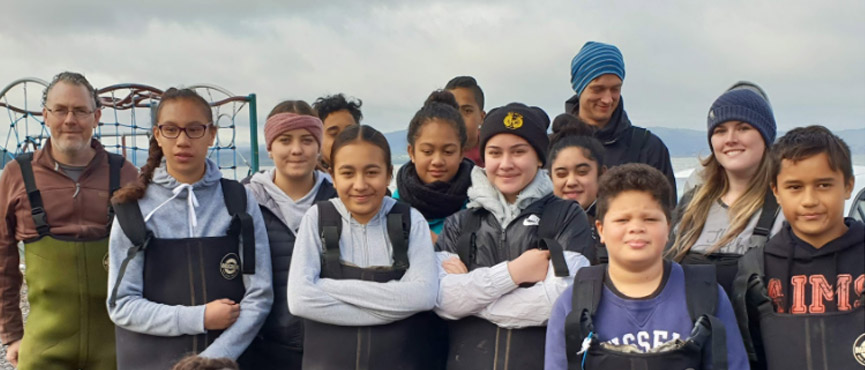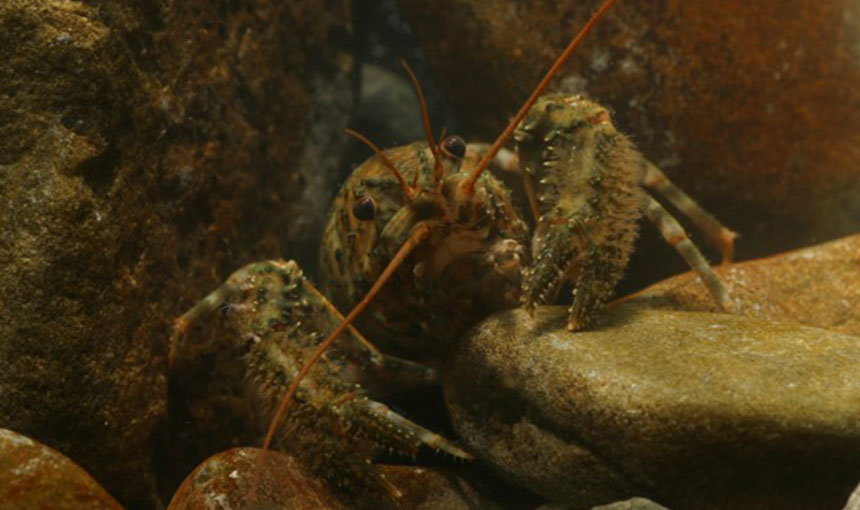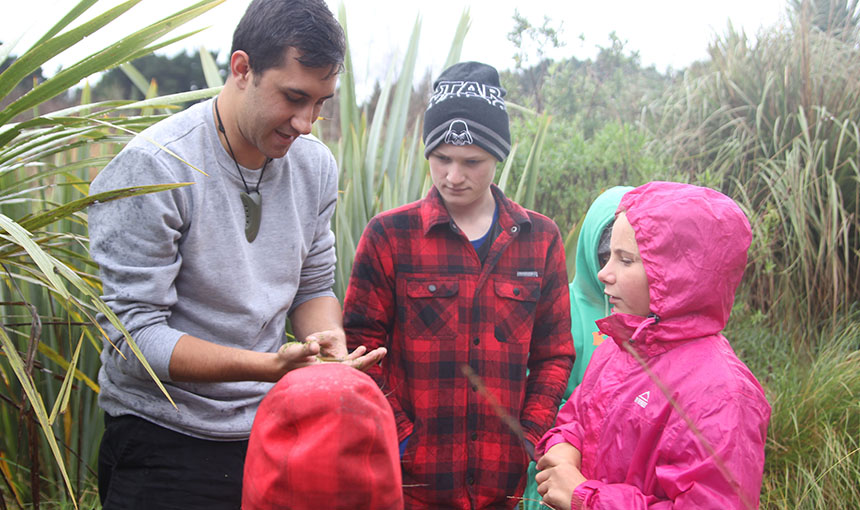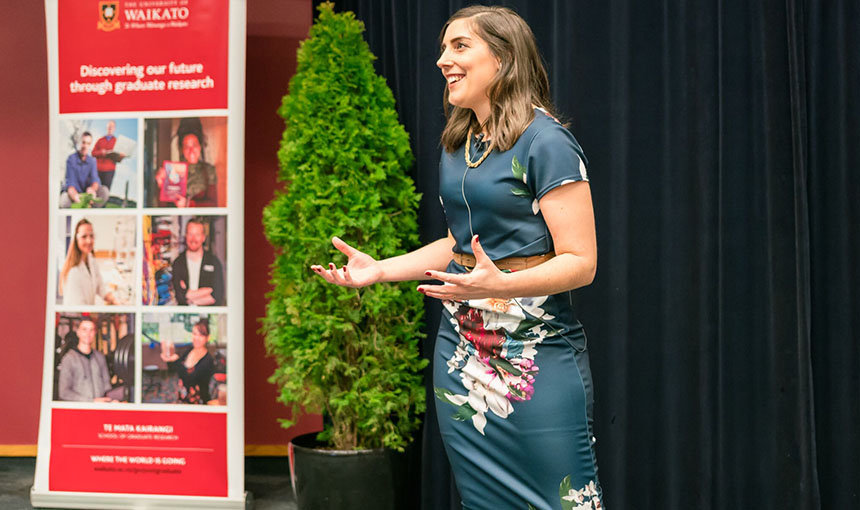Managing threats to freshwater taonga invertebrates
Management of non-native fish such as catfish may be the answer to safeguarding freshwater taonga (treasured) species in our waterways, researchers have found.

This BioHeritage Challenge project is focused on protecting the taonga species kākahi (freshwater mussels) and kōura (crayfish) from pest fish and invasive macrophytes, through a combination of contemporary science and mātauranga (Māori knowledge). Vision mātauranga is a priority for the Challenge.
Researchers in the project, led by Dr Ian Duggan of the University of Waikato, have discovered that non-native fish such as catfish are not suitable hosts for the parasitic larval stages of kākahi, which may in part explain the taonga species’ decline.
They’ve discovered this as part of an investigation into interactions between exotic species and taonga invertebrates. By determining if introduced aquatic plants and animals contribute to the population drop of native species, they can then investigate interventions that could sustain and protect kākāhi and kōura.
Ultimately, the project aims to provide knowledge and tools that will promote the return of healthy streams, rivers and lakes affected by non-native species. This feeds into the Challenge’s goal of creating resilient and thriving ecosystems that New Zealanders are proud of.
Both kōura and kākahi are culturally important kai (food) species for central North Island iwi, particularly around the Te Arawa lakes and Taupō, and are functionally important in the freshwater ecosystem.
The project team is working with the Te Arawa Lakes Trust and hapū (sub-tribes) around lakes in the Waikato to co-design the project. Māori communities involved are being empowered to implement Māori values, a Māori worldview and technical science knowledge to reverse the decline of their freshwater taonga.
Te Arawa school children are participating in the project by collecting kākāhi. This is helping to build Māori capacity and capability in the nationally critical area of freshwater management.
Research Partners
BioHeritage’s role is to break down barriers between organisations and individual scientists by coordinating and focusing the research of top scientists from our 18 Challenge Parties.
This project is being driven by Challenge Party the University of Waikato, working closely with NIWA and North Island iwi Te Arawa.


